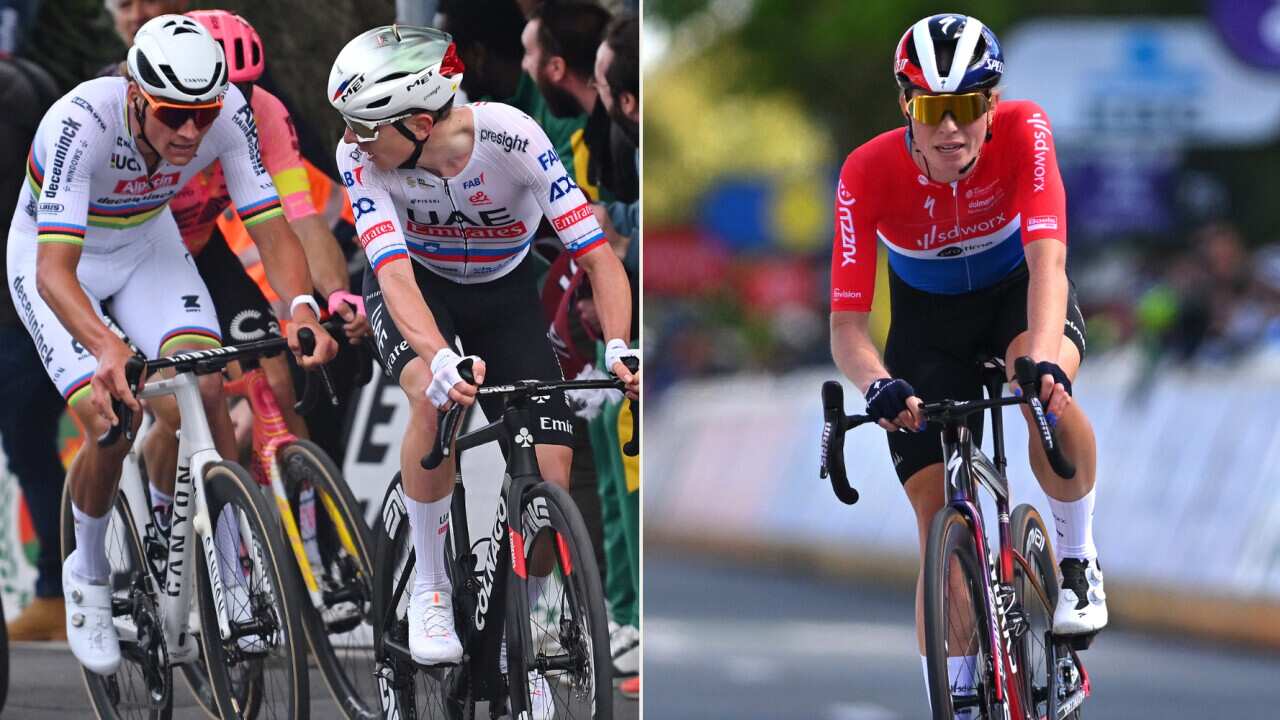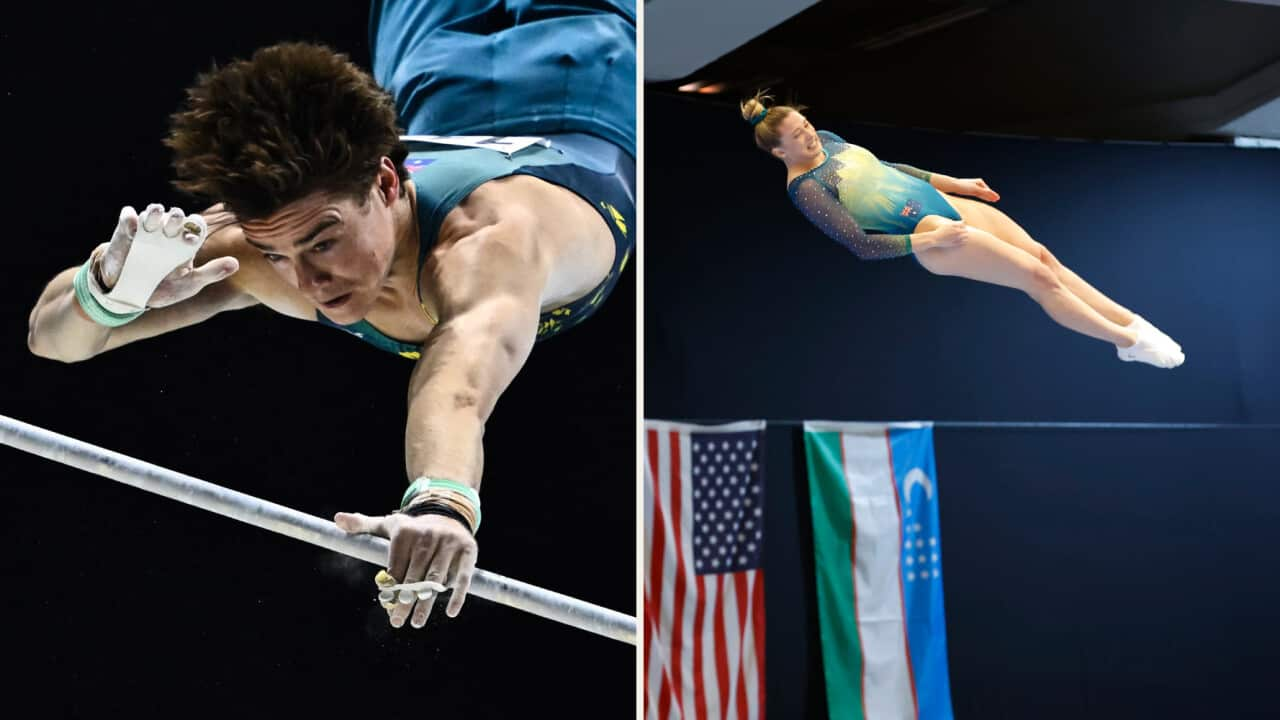When cities put forward a bid to stage the Olympics, the date of the Games is an explicit part of the proposal. IOC members know what they are voting for.
This, of course, was not the case in the race to stage the 2022 World Cup. An inspection group carried out a detailed study into the bids, and put the information at the disposal of FIFA's Executive Committee – which proceeded to take little notice. They chose Qatar with barely a thought for the logistical problems and world football has been in a bind ever since.
It would seem that some sort of compromise is being worked out. A conventional June/July World Cup presented the obvious problem of extreme heat, and so the tournament is set to be staged in November and December.
This, of course, causes massive disruption to the normal routine of domestic club football, especially in Europe, which supplies the vast majority of the World Cup stars. The compensation money paid to European leagues for releasing their players is set for a massive rise. The official line is that this has nothing to do with the switch of the 2022 World Cup to the European winter, but it would be naïve to cling to the belief that this had no bearing on the increase.
All of this must be very galling for those countries which made unsuccessful bids for the 2022 World Cup. They are entitled to the belief that they have not been treated fairly, that privileges have been extended to the Qatar campaign. For example, would any of Qatar's rivals been allowed to interfere with the architecture of global club football to make room for a World Cup staged in their country? It would seem unlikely. The process has been most unsatisfactory.
There is, though, a silver lining. In some eight years' time we may even conclude that the gods of football have indeed moved in mysterious ways, and that ignoble and incompetent means have helped restore the prestige of the event that used to represent football at its finest.
All the World Cups this century have suffered from the same problem. The European club season is now so draining that come the end, in June, the star players are often running on empty.
Hindsight makes it all the clearer that this was the case in Japan and South Korea. What have the likes of Turkey, or Senegal done before or since? Germany reached the final with a team they themselves would acknowledge to be on the weak side. How did all this happen? Because the Champions League had been extended, the game was gaining in intensity and the tournament was held a couple of weeks earlier than usual in order to avoid the rainy season. Players had not had enough time to recover. It was a World Cup full of drama, but the technical quality, as FIFA admitted, was sub-standard.
The last three tournaments have not been as bad. But they have left plenty to be desired. Even last year in Brazil, which started so encouragingly, lacked the shine in the knock out games that was served up in such spectacular style in 1986 – a tournament in which Argentina's Diego Maradona hit heights that this writer has never seen before or since.
The contrast with last year's Argentina side could hardly have been clearer. In qualification it was swashbuckling and skilful. When Lionel Messi clicked in together with Sergio Aguero and Angel Di Maria it was exhilarating to watch – but also left itself so defensively open that then-coach Alejandro Sabella confessed that there were times when his team was being attacked that the only thing he could do was shut his eyes and pray.
Come the World Cup, though, it was a different story. True, it went all the way to the final, and could even have won it. But the formula, of necessity, was completely different. After the rigours of the club season the stars were too tired to shine. Aguero was pitifully short of fitness. Di Maria broke down during the competition. Sabella read the signs, defended deeper to protect his defensive lack of pace, and the team that had threatened to storm the walls instead settled for a long, drawn out siege, grinding out a succession of results.
Messi's player of the tournament award was controversial. But he had, at a number of key moments, come good with a decisive contribution. That, though, is all that it was – the occasional moment. Watching him at the stadium was a curious experience. For much of the game he appeared to be wandering around with the distracted air of a man who has just dropped his wedding ring. The truth would seem to be obvious – painfully aware of how little gas he had in the tank, he was saving himself for that handful of moments in the game when he might be able to tip the balance.
It was a very different Messi from the one the world drooled over recently against Manchester City in the Champions League. His cub and international colleague Javier Mascherano summed it up a couple of days later. Messi, he said, "controls the game, where others are controlled by it."
This is the Messi (so often present for Barcelona, and in recent times for Argentina too) that the World Cup has never seen. It will be asking a lot to see it in 2022, when he will be 35. Other, younger big names will surely benefit. Because, however twisted the route to get here, there is a real chance that a November/December World Cup will showcase the best players on the planet at a time when they are in a physical condition that allows them to live up to their billing.










